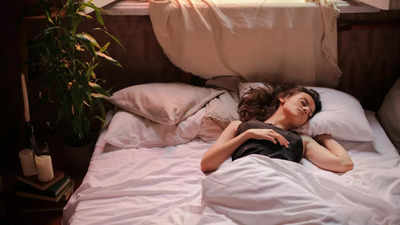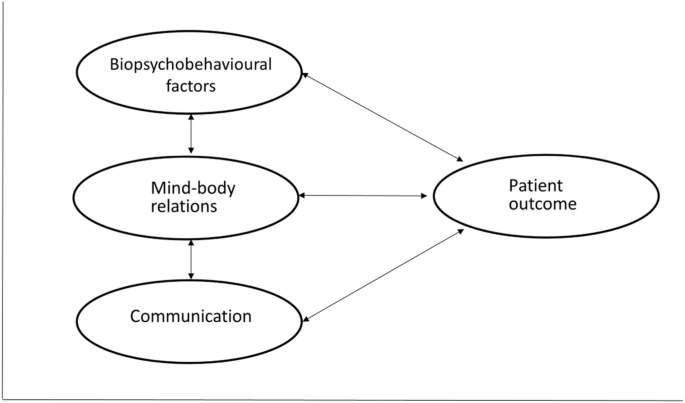5 ways to know you are sleep-deprived |


Sleep is one of the most vital components of our health and well-being. Just like you have food, sleep has a paramount importance, though most of us tend to compromise on it. Quality sleep is essential for the body and mind to repair, restore, and recharge. Sleep affects physical health, brain function, emotional well-being, and energy, Quality sleep is essential for the body and mind to repair, restore, and recharge. Sleep affects physical health, brain function, emotional well-being, energy, hormonal balance, hormonal balance, and overall well-being.
The average daily amount of sleep an adult (18 years and up) needs is 7 to 9 hours. For teenagers, this is 8 to 10 hours. For children (6 to 12 years) this is 9 to 12 hours. In young children (1 to 5 years old), the average is 10 to 14 hours of sleep including naptime. Infants (4 to 12 months old) require 12 to 16 hours of sleep, including the naptime. For newborns (up to 3 months old), this goes up to 14 to 17 hours. Along with this number of hours, sleep quality is also pivotal. Sleep deprivation occurs when a person does not get enough sleep.
In this digital age, where most of us end up staring at the monitors, and phones for long hours, getting quality sleep has become a rarity. Are you getting enough sleep? Well, here are 5 ways to find out whether you are sleep-deprived.
Constant fatigue

(Pic courtesy: Pexels)
Even after a full night’s rest, do you feel tired and drained throughout the day? Well, this is a common sign of sleep deprivation. Fatigue also causes low energy and motivation. You might have trouble concentrating. Other symptoms of fatigue include tired eyes and legs. Whole body tiredness, stiff shoulders, and uneasiness are also some of the symptoms. If you feel fatigued no matter how much rest you get, your body may be lacking quality sleep.
Breakouts
Despite having a proper diet and skincare routine, if you battle with breakouts, it’s time to analyze your sleep cycle. Lack of sleep is linked to hormone imbalance, which could cause acne. So no matter, how well you eat, exercise, and follow your step by step skincare regime, if the sleep is compromised, breakouts are certain to happen.
Unexplained weight gain

(Pic courtesy: Pexels)
Sleep is a pivotal function of our body that repairs and recharges. Inadequate sleep can affect the hormones that control feelings of hunger and fullness. Sleep can also trigger the release of insulin. The change in sleep can increase fat storage, and thereby cause weight gain. According to a 2024 study, prolonged periods of insufficient sleep can increase the risk of type 2 diabetes.
Mood swings
Sleep has a profound impact on the mood and emotional balance. When you are sleep-deprived, you will feel moody. Mood swings and irritability are signs of sleep deprivation. It can make you easily frustrated, anxious, or sad.
Cravings

(Pic courtesy: Pexels)
Sleep deprivation can lead to cravings because it affects your appetite-regulating hormones. When you are sleep deprived you are more likely to crave junk food, which is high in carbs and sugars. You feel like snacking as you are more hungry than usual. This can also lead to weight gain.
(Pic courtesy: Pexels)
link






